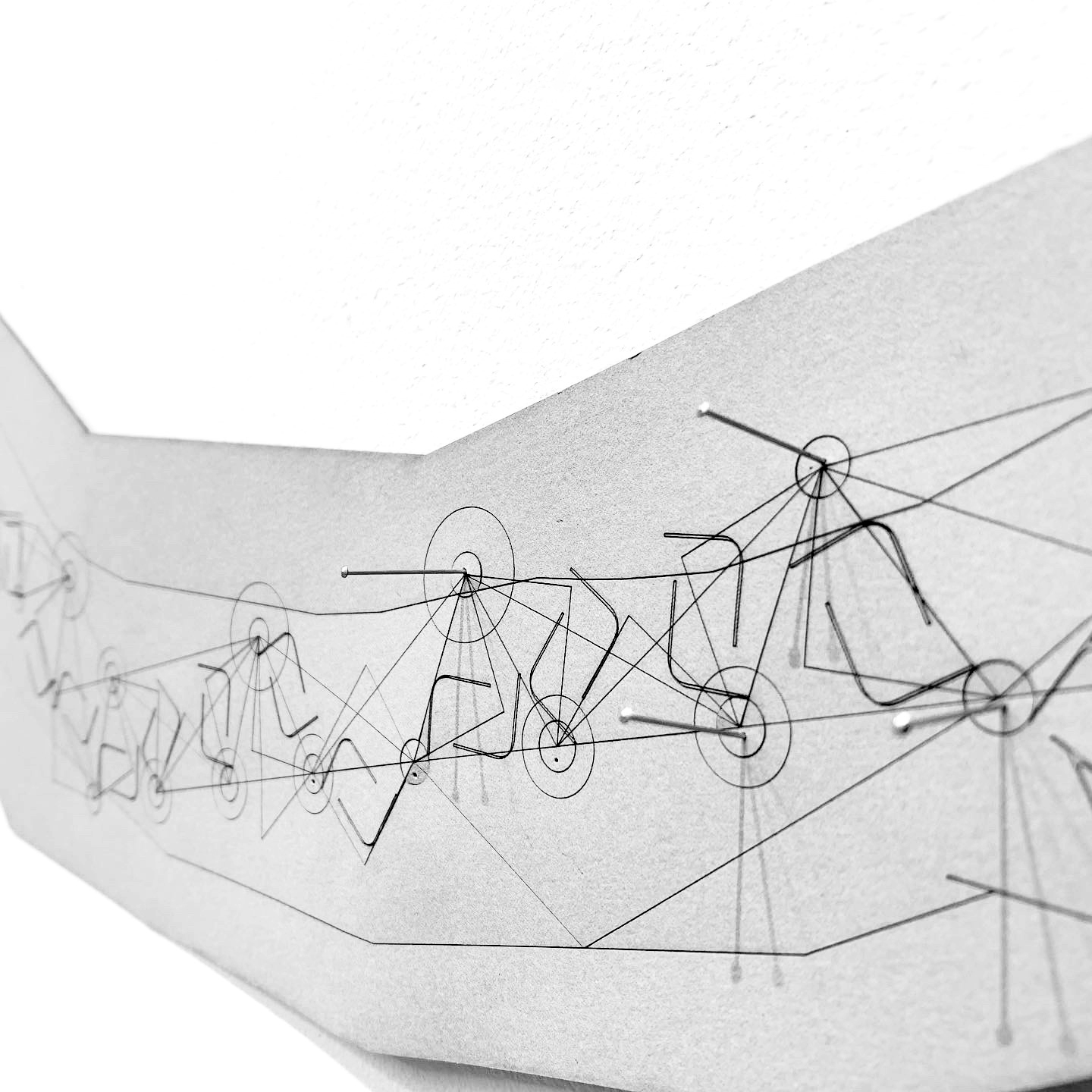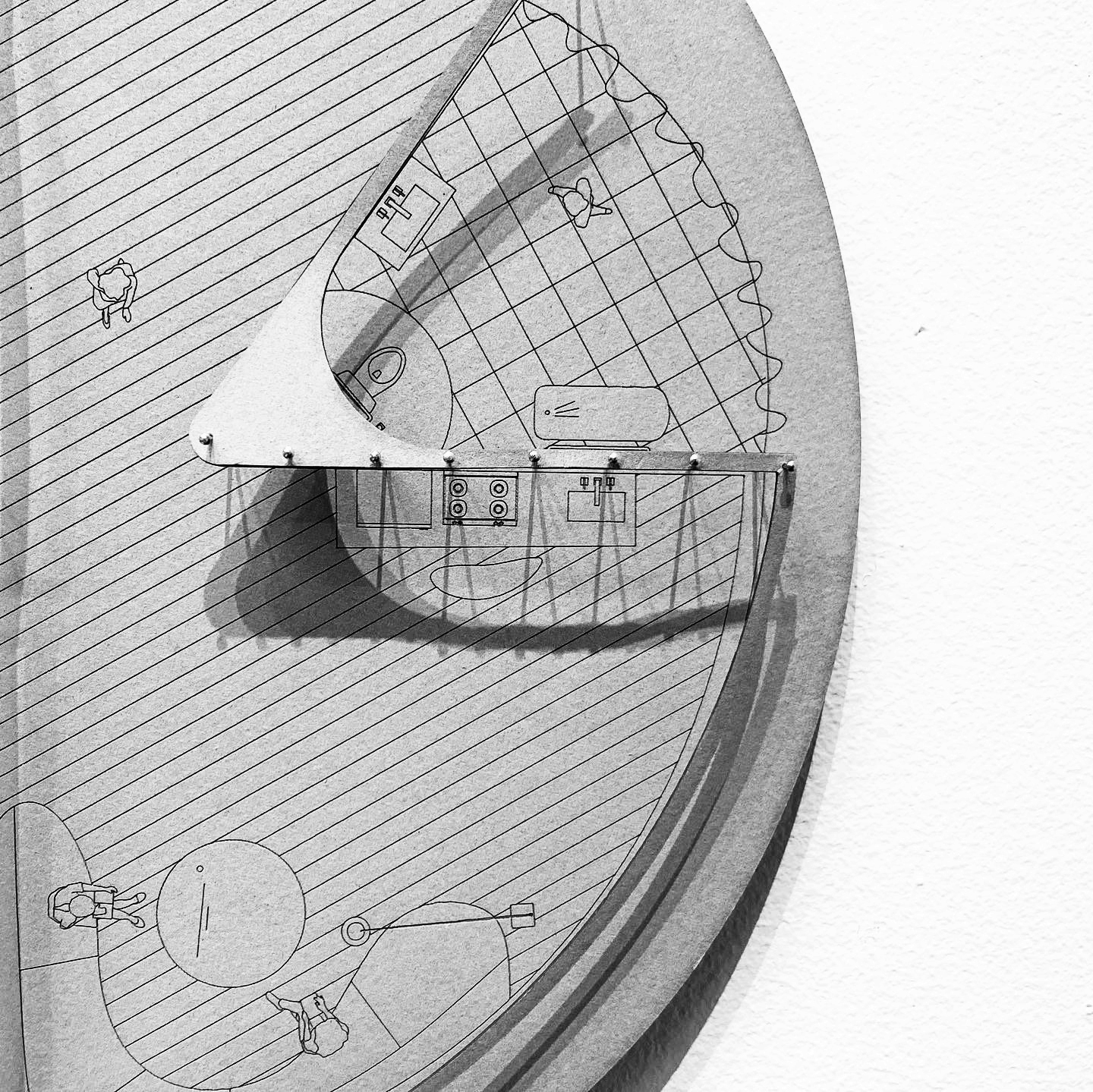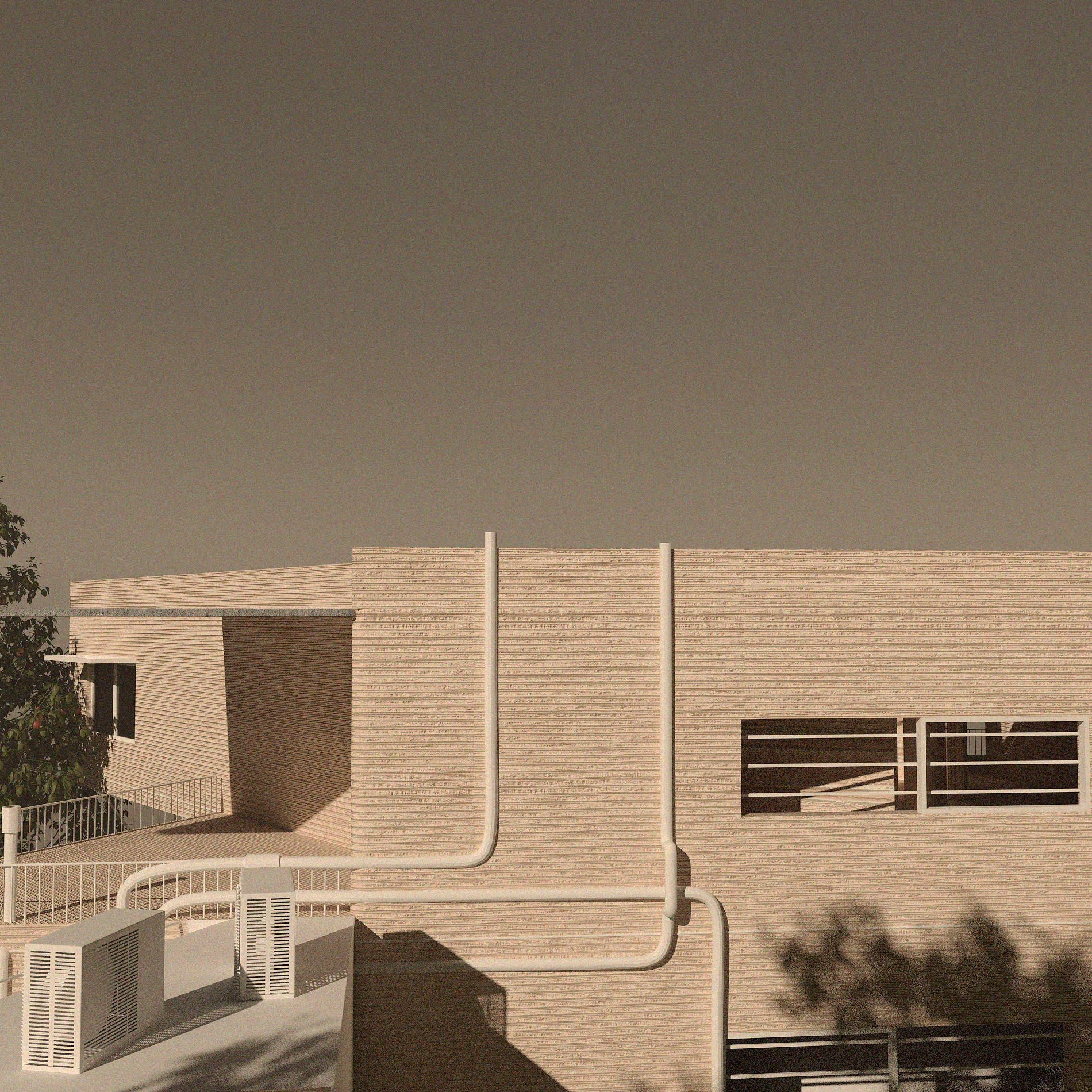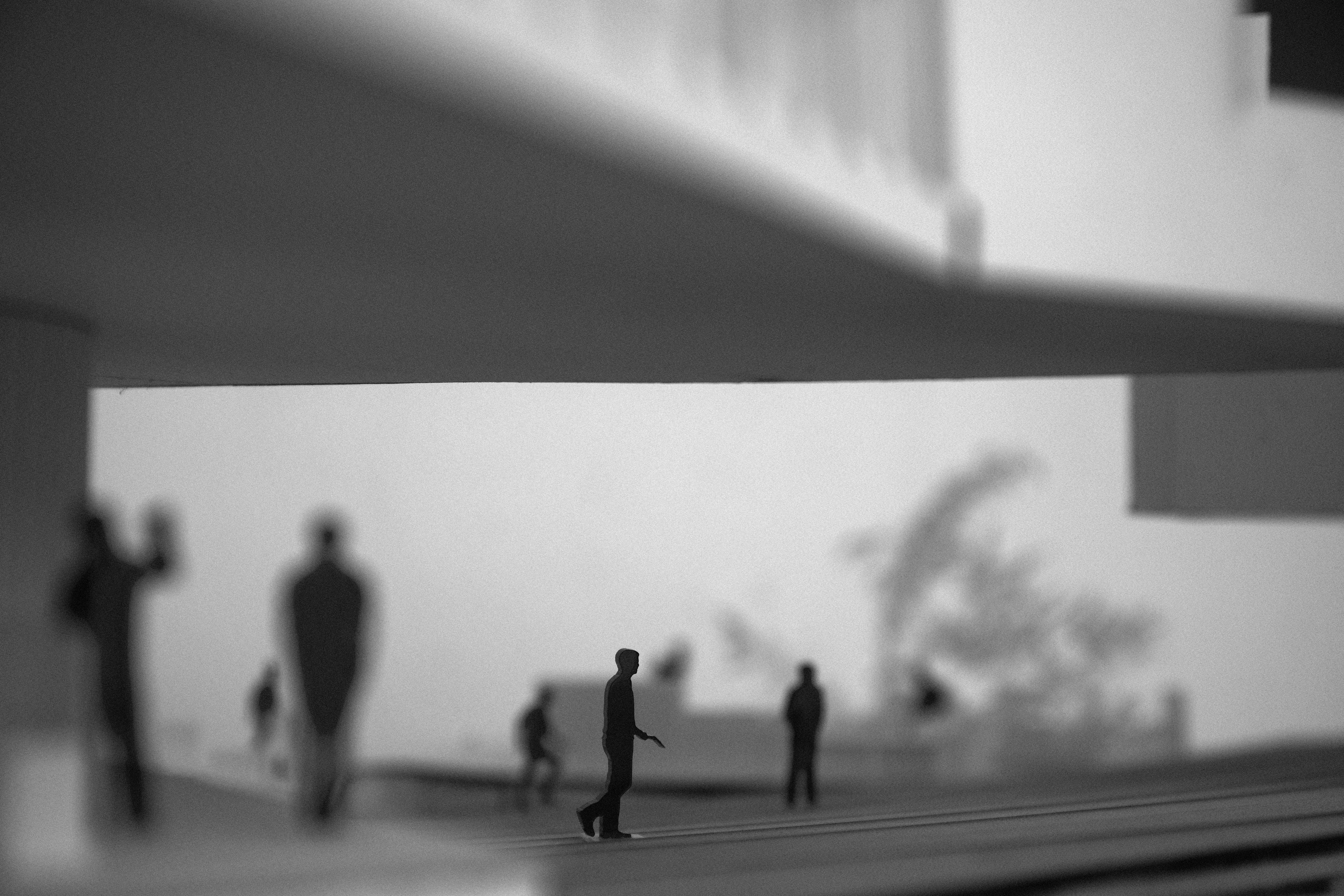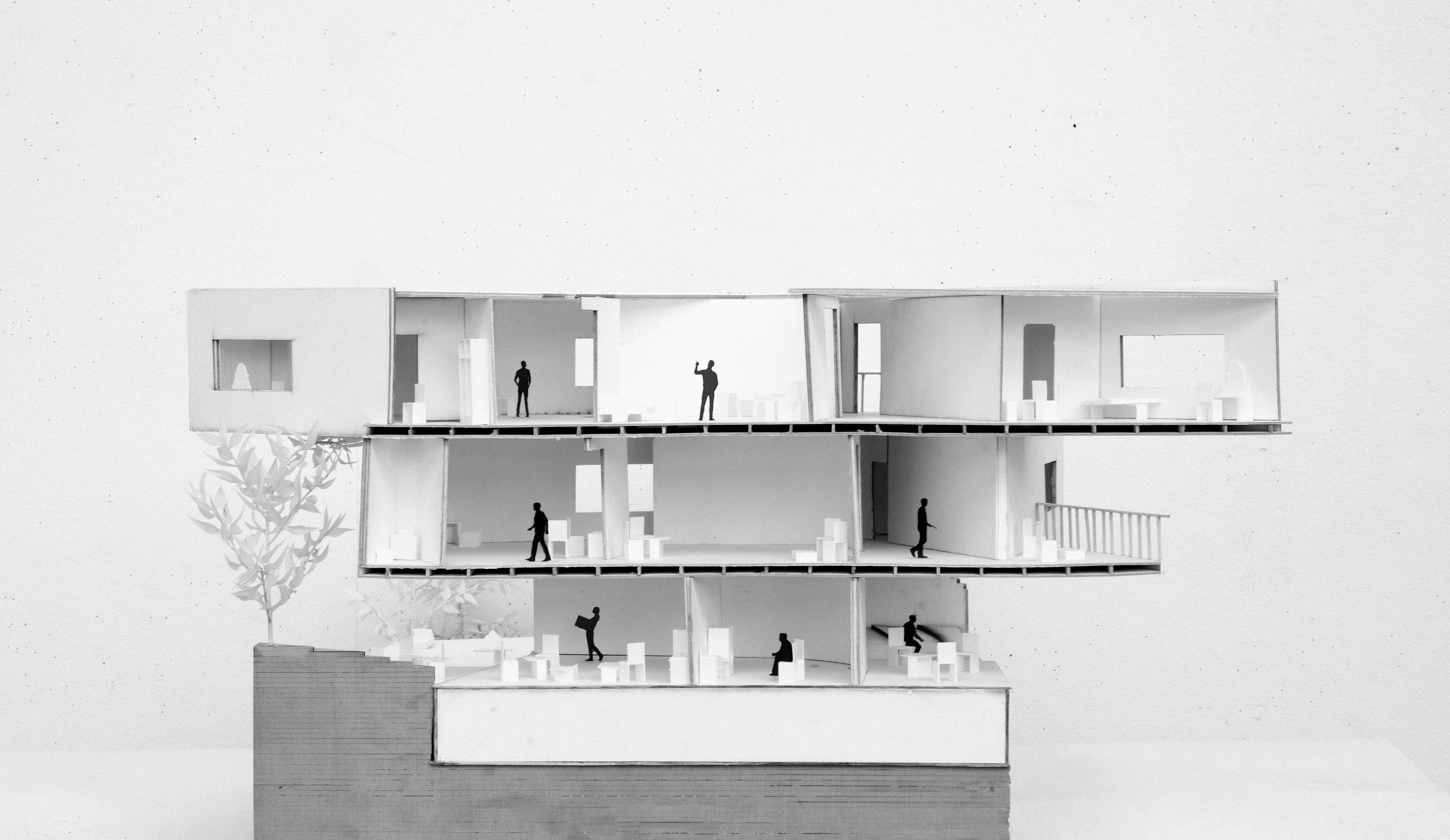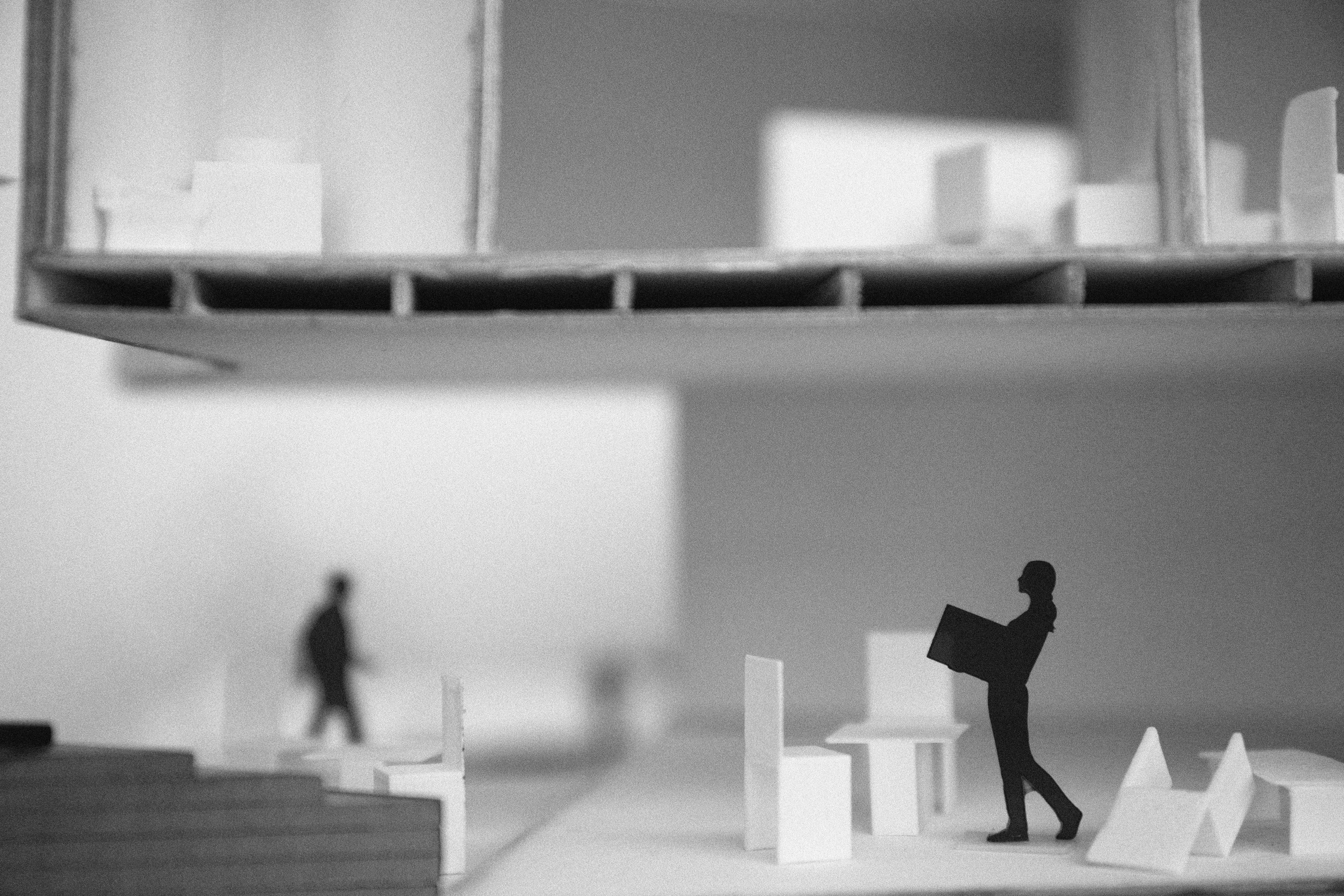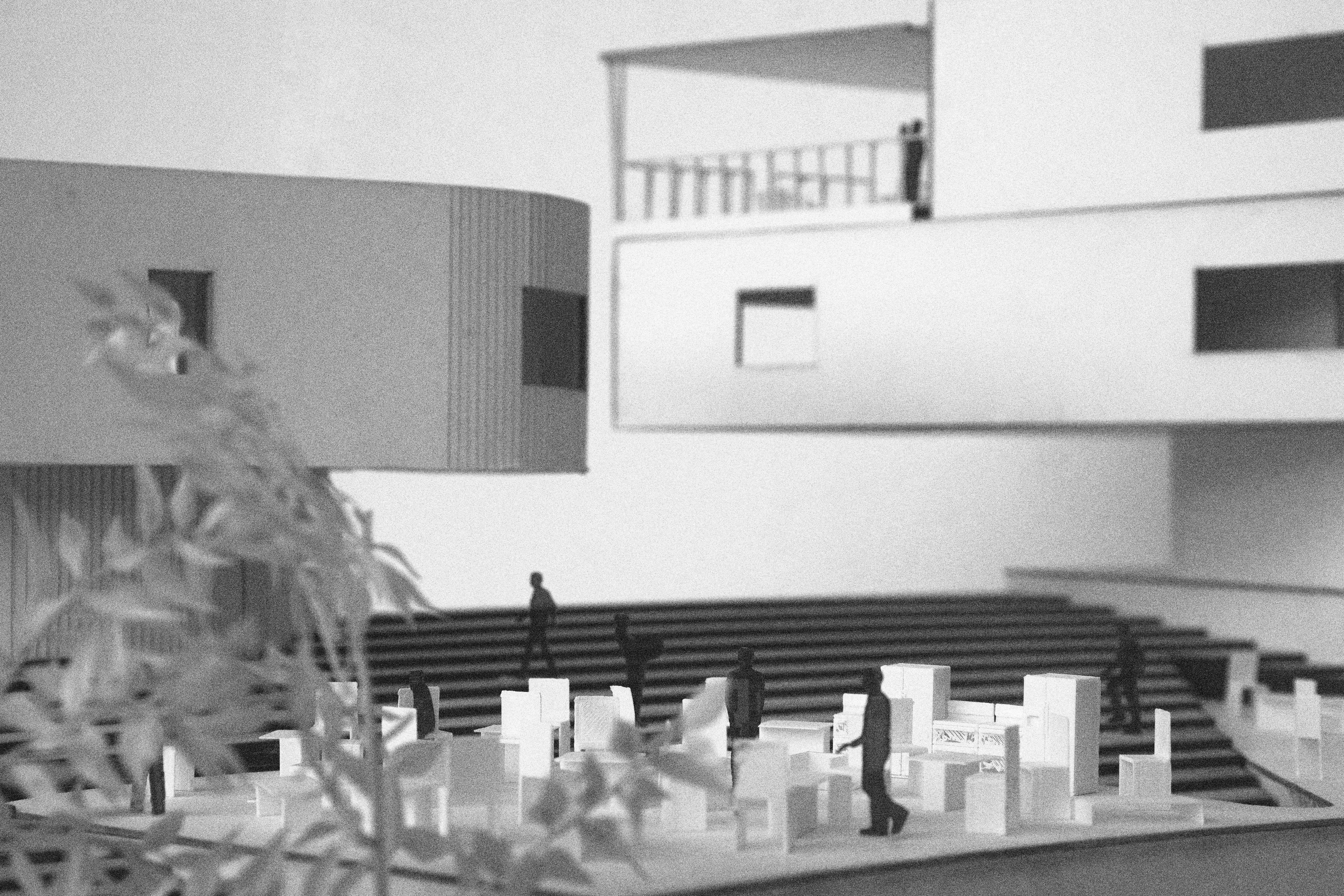Piedmont Supportive Housing
Term: Fall 2021
Studio: Reframing Property Studio
Critic: Janette Kim - California College of the Arts
This project is in collaboration with Savannah Lindsey
The project utilizes a system of rotating retaining walls and intermediary support spaces serviced by fixtures in order to incorporate a supportive housing community into the exclusive single-family enclave of Piedmont, California. Throughout the history of the United States, themes of racist zoning policies and land redistribution have disproportionately affected people of color. Certain communities, such as Piedmont, have benefited from decades of racial covenants and exclusionary policies that have allowed institutionalized racism to persist and become further ingrained within our zoning and housing policies. In Oakland, which surrounds Piedmont, policies such as redlining and eminent domain have destroyed communities and increased segregation across differently red-lined zones.
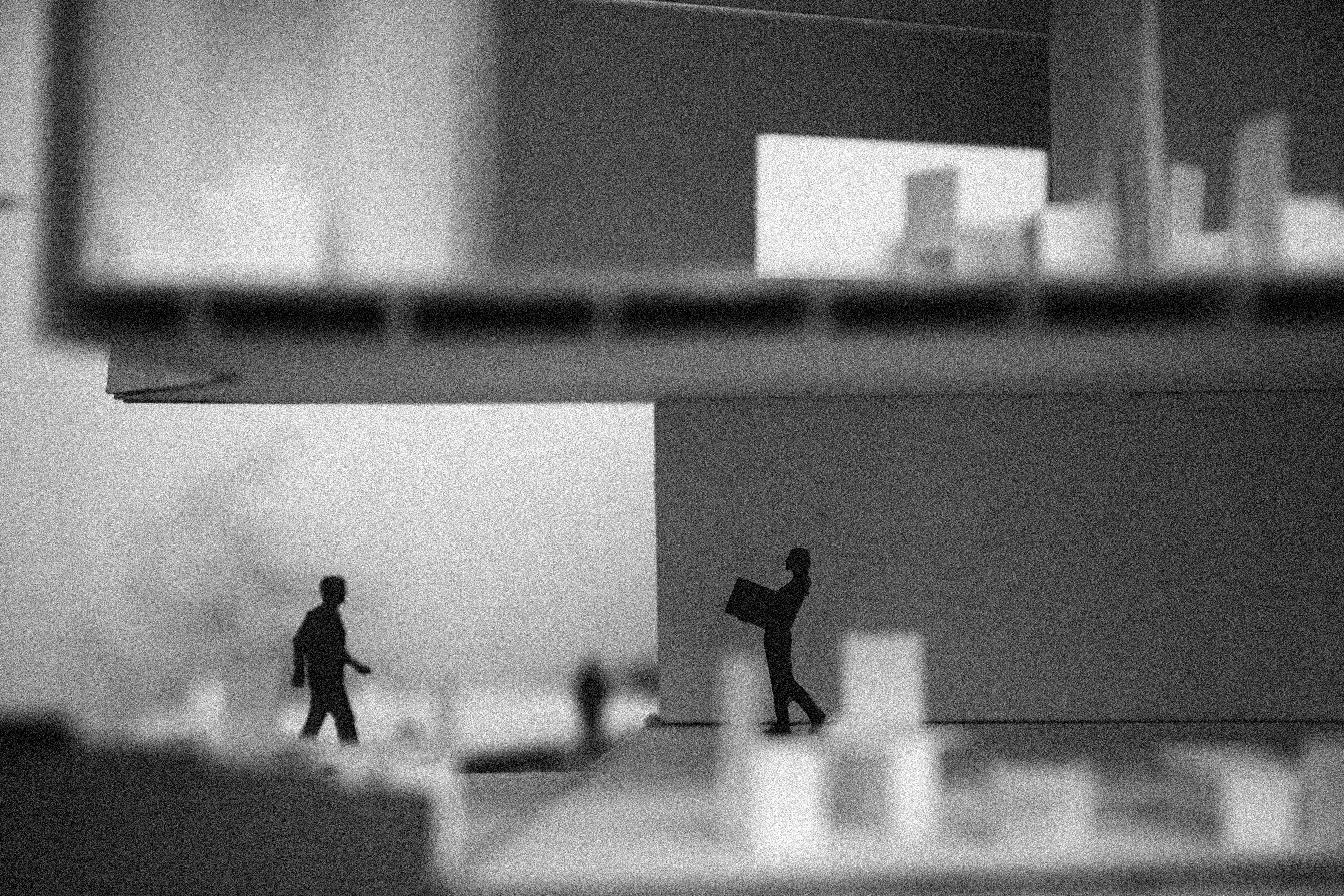 To create the framework for this housing and support system, we wanted to develop a system that allowed for designated housing sites that were dynamic in their placement, generating pockets of “more public” or “more private” zones of interaction.
By understanding ‘fixtures’ and ‘walls’ as elements that can contain and influence one another, we first placed a series of retaining walls within the scope of each individual triangle. These fixed walls create stable zones for permanent private residences and help navigate the site's difficult slope.
To create the framework for this housing and support system, we wanted to develop a system that allowed for designated housing sites that were dynamic in their placement, generating pockets of “more public” or “more private” zones of interaction.
By understanding ‘fixtures’ and ‘walls’ as elements that can contain and influence one another, we first placed a series of retaining walls within the scope of each individual triangle. These fixed walls create stable zones for permanent private residences and help navigate the site's difficult slope.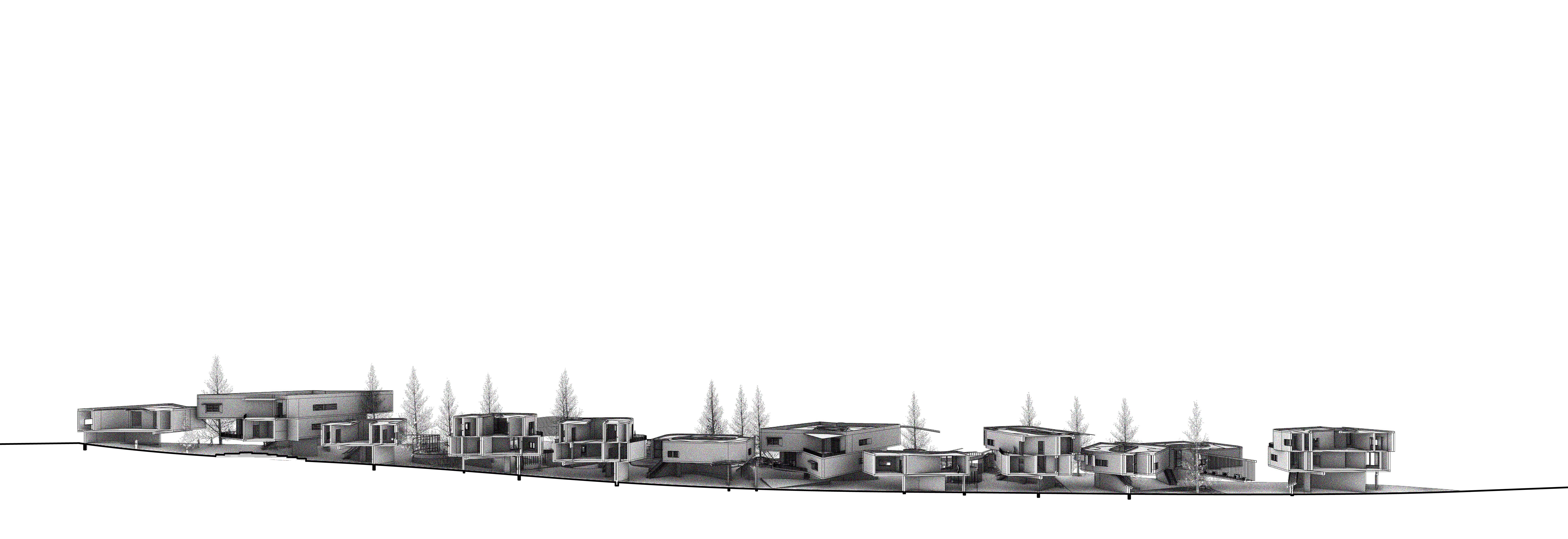

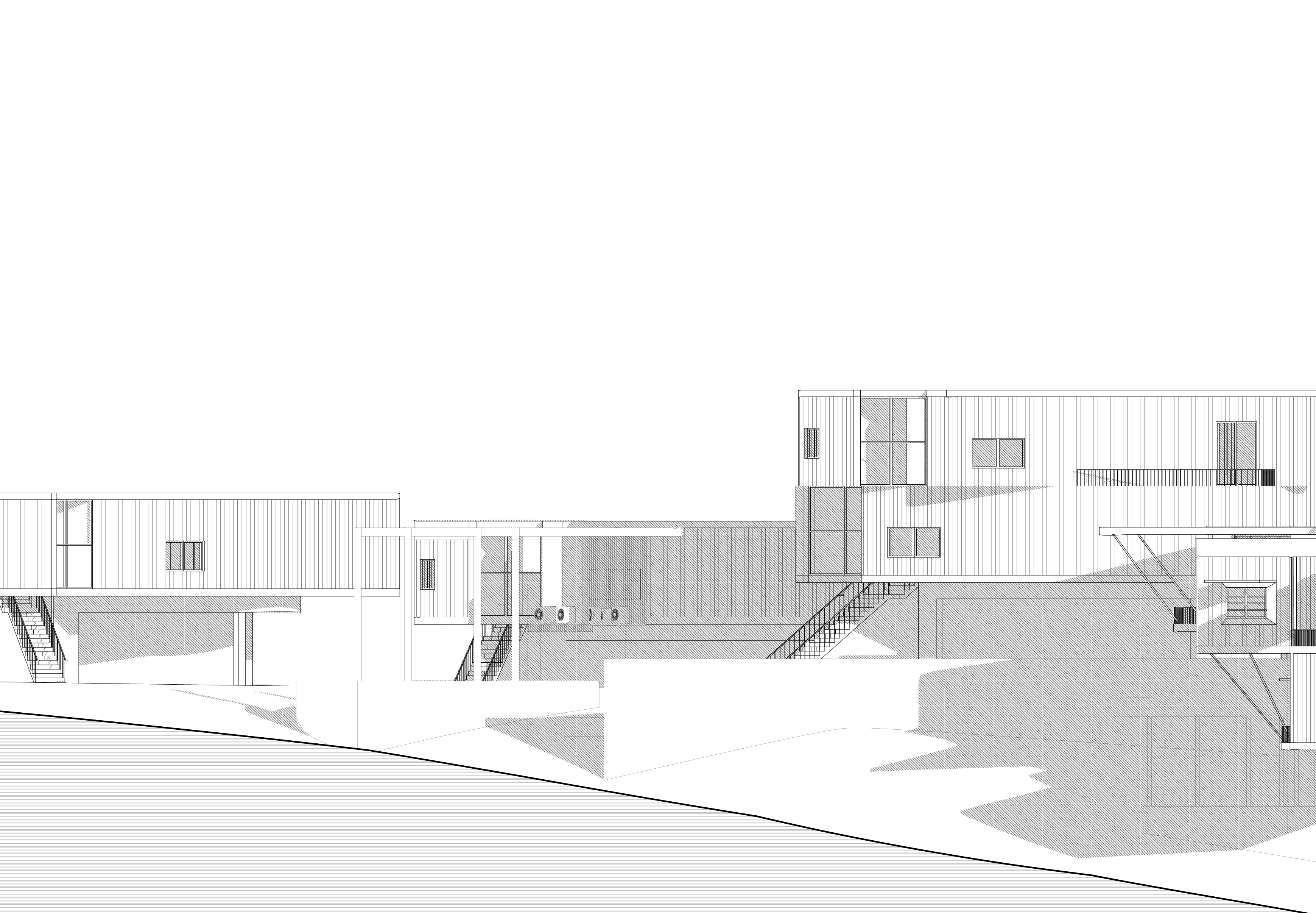
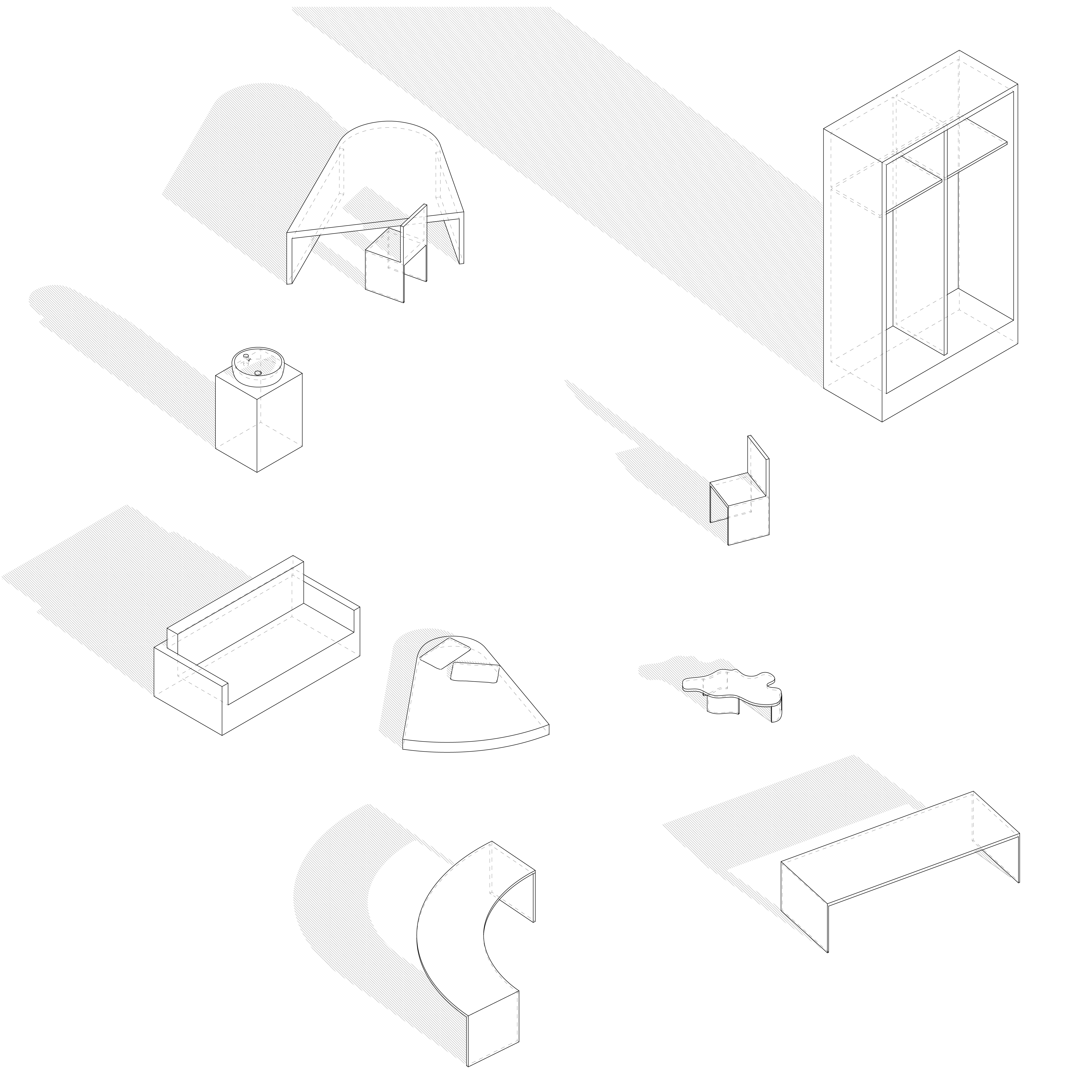
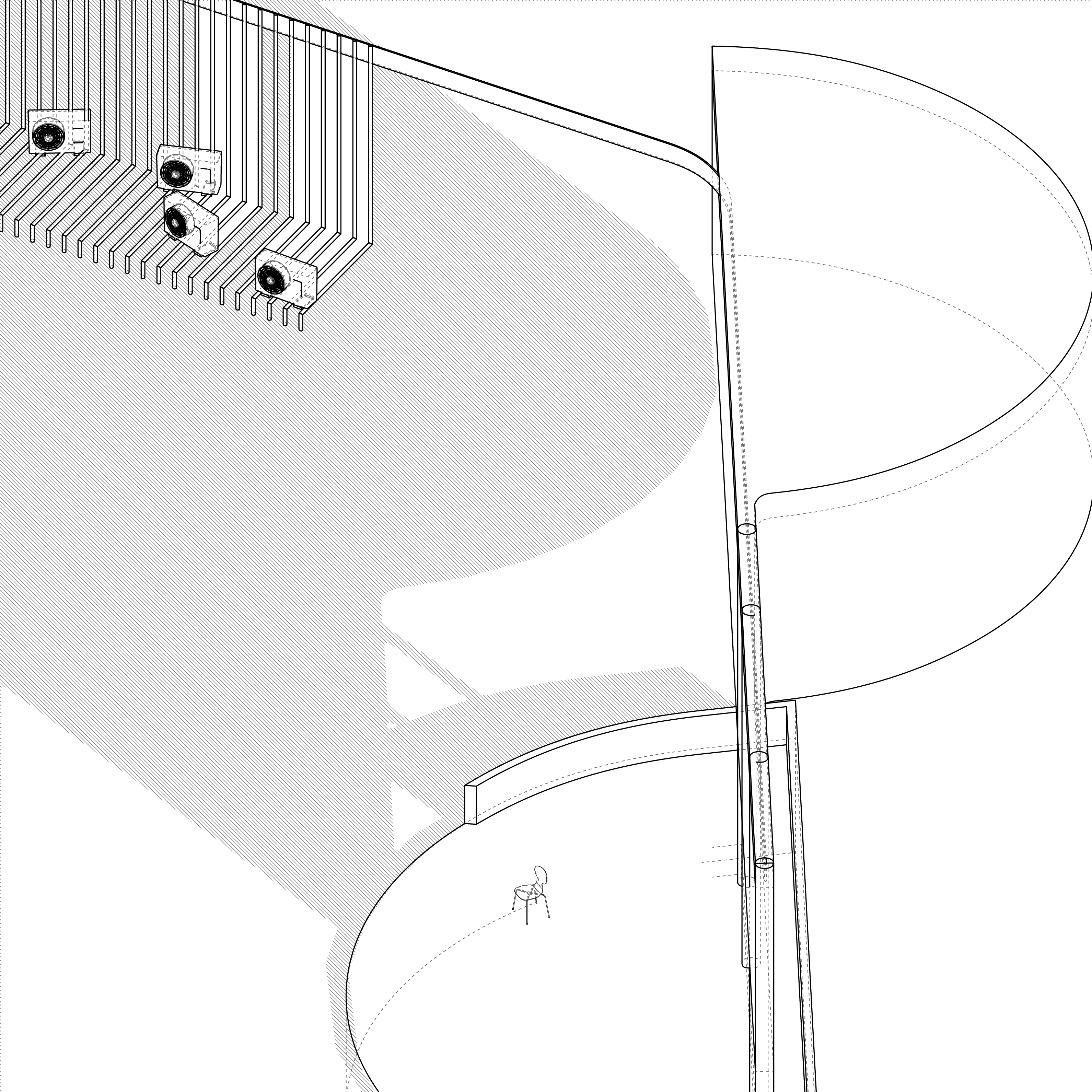
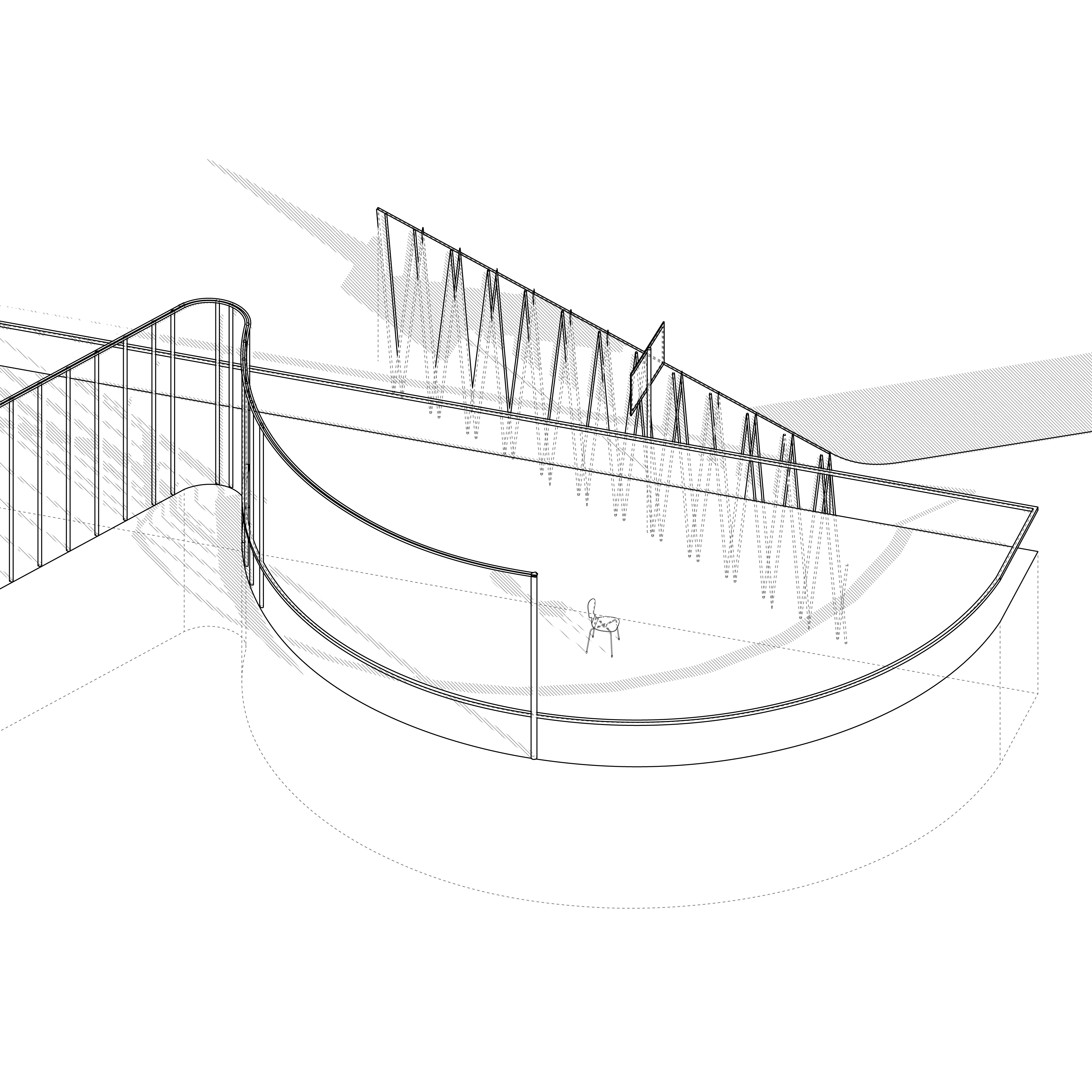
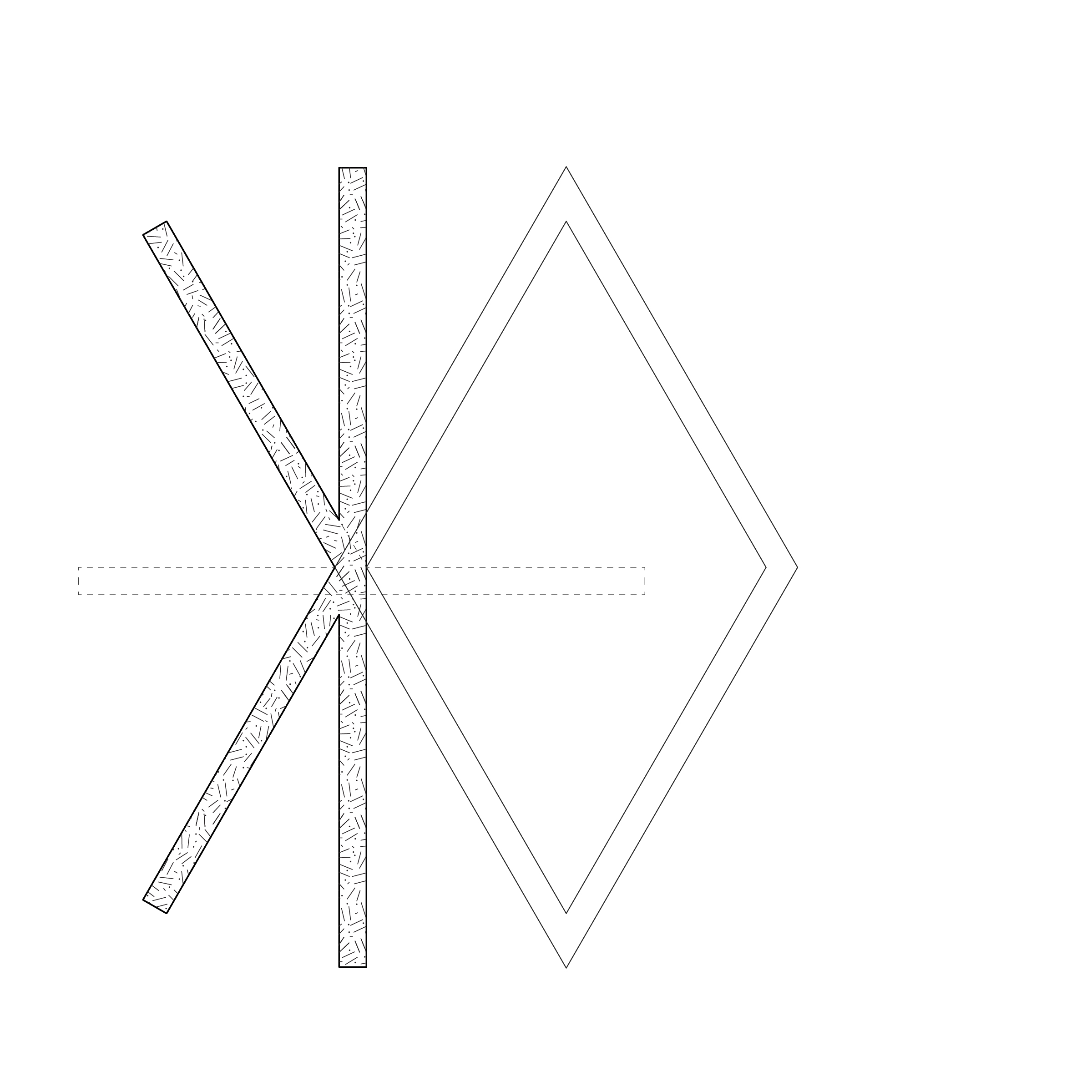

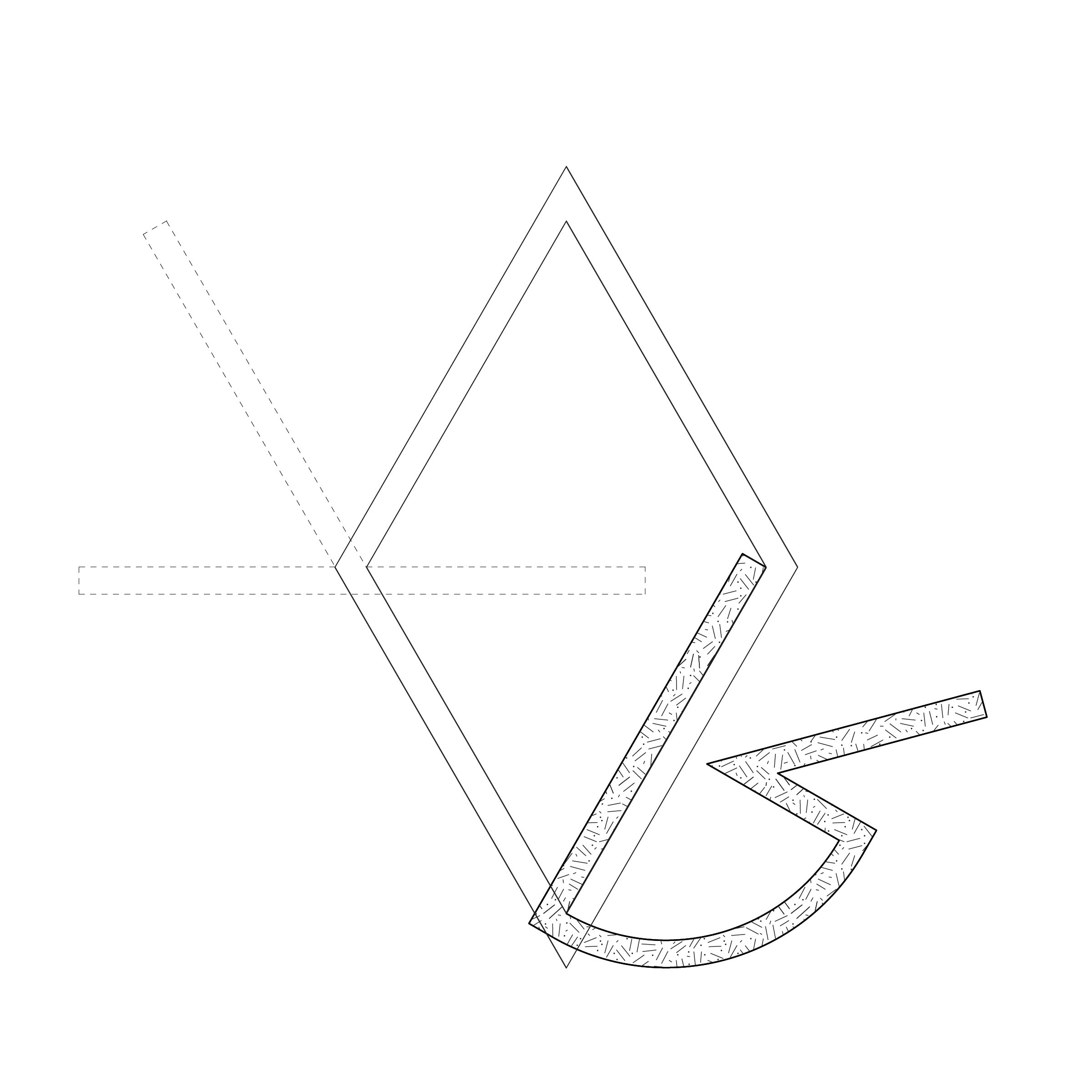

 Through our research into public housing and restorative justice practices, we identified strong links between mass incarceration, poverty, institutionalized racism, and a lack of available housing combined with a lack of supportive services. Our current incarceration system, which we have termed as that of retributive justice, is designed to keep those who have entered the
system within the system. While effective, we can definitively determine that this system of mass incarceration is one of the most significant contributors to the cycle of poverty and disadvantage. The project seeks to provide restorative services to individuals and families affected by mass incarceration through the creation of a system that provides both housing and supportive services that create long-term success amongst
individuals who have previously suffered at the hands of an unjust system.
Through our research into public housing and restorative justice practices, we identified strong links between mass incarceration, poverty, institutionalized racism, and a lack of available housing combined with a lack of supportive services. Our current incarceration system, which we have termed as that of retributive justice, is designed to keep those who have entered the
system within the system. While effective, we can definitively determine that this system of mass incarceration is one of the most significant contributors to the cycle of poverty and disadvantage. The project seeks to provide restorative services to individuals and families affected by mass incarceration through the creation of a system that provides both housing and supportive services that create long-term success amongst
individuals who have previously suffered at the hands of an unjust system.